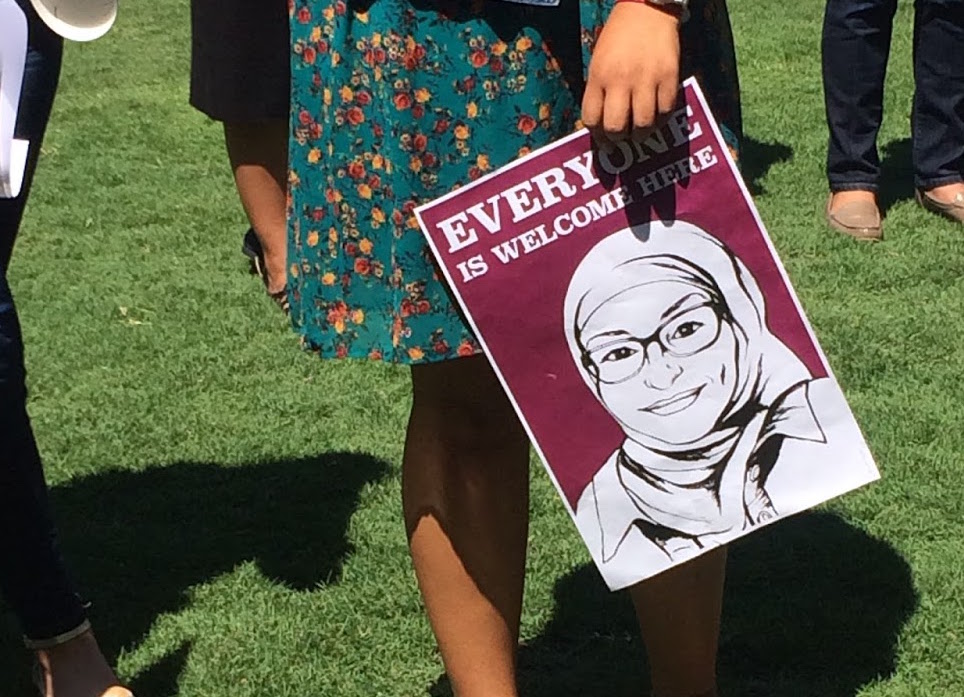On Monday, the Department of Homeland Security announced the decision to terminate the Temporary Protected Status (TPS) designation for El Salvador. This temporary immigration status allows people from certain countries to live and work in the United States during a humanitarian crisis in their home countries. With the decision by the current administration, over 250,000 Salvadorians – the largest group of people protected under TPS – will lose their protection and be forced to return to El Salvador, which could result in grave danger to their lives. Those under this temporary status will have to transition before September 9, 2019, when TPS designation for El Salvador will officially be terminated. The 18-month period is expected to give enough time for those under this status to start a citizenship process that would provide them a green card or prepare for their immediate departure upon the official cancellation of their status.
This latest announcement has shaken the immigrant community as, once again, the current administration threatens the safety, health, and lives of members of our communities. Additionally, it has raised awareness for the ongoing termination of this status for immigrants from countries that continue to pose a threat to their survival. Refugees and immigrants from four other countries are facing the same uncertainty in the face of the termination of their protected status:
- After a delayed decision about the case of Honduras, the new expiration date for the status of approximately 86,000 Hondurans is July 5, 2018.
- Sudanese TPS holders will no longer be eligible for benefits as of Nov. 2, 2018.
- Status for 5,300 Nicaraguan beneficiaries is set to terminate on Jan. 5, 2019.
- Approximately 58,600 Haitians with protected status will lose their benefits on July 22, 2019.
This issue and the decisive vote will now be in the hands of Congress. Like the case of the DACA (Deferred Action for Early Childhood Arrivals) program, which the Trump administration ended last September, it will be up to the elected officials to approve the termination or provide an alternate solution that would give the immigrant community an opportunity to continue flourishing in the country that has been their home for more than 15 years, where they not only have jobs, but family.
Welcoming the immigrant, the foreigner, the stranger, is central to the scripture’s idea of justice and love. Leviticus 19:34 is a perfect example of this: “The alien who resides with you shall be to you as the citizen among you; you shall love the alien as yourself, for you were aliens in the land of Egypt: I am the Lord your God.” (NRSV). Both in the Old and New Testament, we are called to welcome those who are among us as our own. As followers of a God who became flesh and sat with the rejected, poor and oppressed, preaching the in breaking of the Reign of God, it is our responsibility to work for justice for all.
There are numerous groups and institutions responding to this news. We encourage you to continue contacting your elected officials to let them know of your support for TPS holders. We especially want to share this interfaith toolkit, “Top Five Ways to Take Action in the New Year,” created by the Interfaith Immigration Coalition. They also have an informational page with many other suggestions about ways to educate your community about TPS and amplify the voices of TPS holders in the media.

